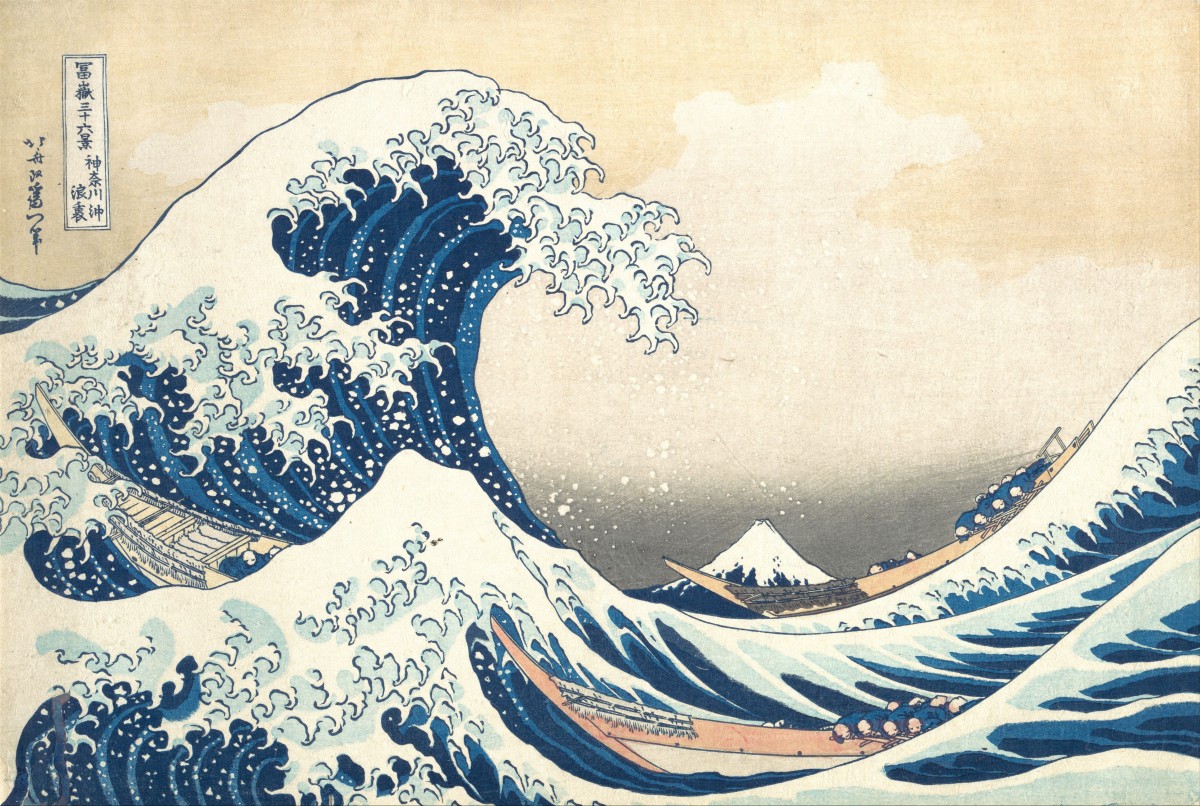I felt a bit surprising as a non-native English speaker after reading this essay. As a university student, I am confused by different expectations from different communication courses. Compared to the communication course I took last term (SCIE 113), ENGL 112 seems to be a lot different. The expectations shift from being able to discuss scientific issues to writing good essays. It is vague to say “good” essays, but for now I am not sure I can explain it well because I only literally had two ENGL 112 lectures. Politics and the English Language shows Orwell’s opinions towards what is good and what is bad in terms of written English. He reveals the close relationship between language and thinking.
Orwell thinks “an effect can become a cause, reinforcing the original cause and producing the same effect in an intensified form, and so on indefinitely”. This reminds me of 1984. Given that 1984 was finished later than this essay was published, I can sense some similarity between this essay and 1984. The basic idea is that language and thoughts can change each other. He discusses the modern English of his time and it is clear that he dislikes it. He later brings up another point: one can avoid being affected by consciously putting oneself on guard against the invasion of bad language.
Five examples representative of modern English are given and four categories of major problems are summarized.
Dying Metaphors: “incompatible metaphors are … a sure sign that the writer is not interested in what he is saying.” Worn-out metaphors cannot evoke any visual image anymore. They “save people the trouble of inventing phrases for themselves”.
Operators Or Verbal False Limbs: the use of phrases instead of simple verbs are criticized. As a non-native speaker, this is the part where I started to feel surprised. When I saw “the range of verbs is further cut down by means of the -ize and de- formations”, I wondered whether this coincides with the Newspeak rules mentioned in 1984.
Pretentious Diction: this part surprised me too. I used some words Orwell listed a lot, especially when I was taking SICE 113, but I guess scientific essays need scientific words so there is nothing wrong with it. Words improperly used in different context are discussed.
Meaningless Words: this part is interesting. Orwell thinks “Fascism” now has no meaning. We only know it means “something not desirable”. We also do not know the meaning of “democracy” because there is no official (or rather, agreed) definition of it. I agree with this part: “Words of this kind are often used in a consciously dishonest way. That is, the person who uses them has his own private definition, but allows his hearer to think he means something quite different.” True. Then, does this count as a way of lying?
Orwell argues that “the whole tendency of modern prose is away from concreteness”. He translates a part of Ecclesiastes into what he considers modern English, and the translated version is really awkward. To me it looks like piles and piles of words and altogether the meaning is not clear. Not only bing not clear but also very confusing.
Language can have some unexpected effect on human. “Mechanically repeating the familiar phrases” turns one into being actually unconscious about what he or she is saying. Orwell points out that “a speaker who uses that kind of phraseology has gone some distance toward turning himself into a machine”. There is no exaggeration about it. One detail is described as follows: “One often has a curious feeling that one is not watching a live human being but some kind of dummy: a feeling which suddenly becomes stronger at moments when the light catches the speaker’s spectacles and turns them into blank discs which seem to have no eyes behind them”. It is “favorable to political conformity” to reduce one’s consciousness by making he or she say things repeatedly.
Orwell consider insincerity to be the great enemy of clear language. One thing about expressing some abstract thinking, if we do not beware and let words come together “naturally”, then what we end up with can be very different from our thinking. It is contrary to what I accepted before: direct wordings formed by instinct are one’s true feeling and thinking. Six rules are then constructed:
1. Never use a metaphor, simile, or other figure of speech which you are used to seeing in print.
2. Never use a long word where a short one will do.
3. If it is possible to cut a word out, always cut it out.
4. Never use the passive where you can use the active.
5. Never use a foreign phrase, a scientific word, or a jargon word if you can think of an everyday English equivalent.
6. Break any of these rules sooner than say anything outright barbarous.
Orwell ends this essay by saying one cannot change all the problems of the modern English language all at once, but one can at least take a small step towards giving way useless phrases.
*Quoted sentences, unless otherwise cited, are all from George Orwell’s Politics and the English Language.





